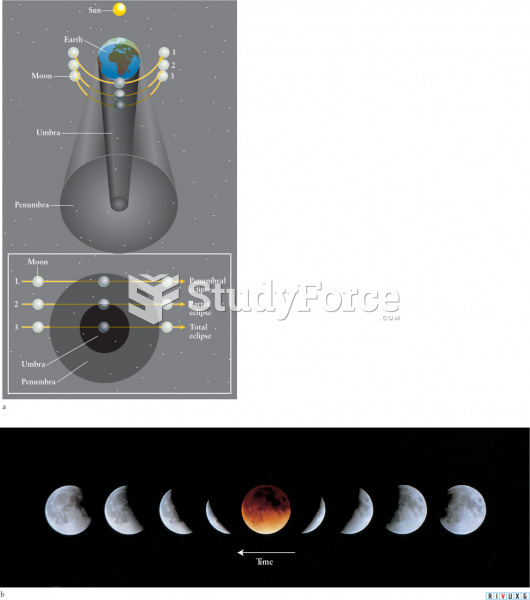Answer to Question 1
Correct Answer: 2
Rationale 1: Substance dependence, or abuse, includes both physical and psychological dependence, and physical dependence causes uncomfortable symptoms when the drug is stopped.
Rationale 2: Physical dependence causes uncomfortable symptoms when the drug is stopped.
Rationale 3: Psychological dependence causes no apparent signs of physical discomfort after the agent is stopped.
Rationale 4: There is no designation of psychosocial dependence with substance abuse.
Global Rationale: Physical dependence causes uncomfortable symptoms when the drug is stopped. Substance dependence, or abuse, includes both physical and psychological dependence, and physical dependence causes uncomfortable symptoms when the drug is stopped. Psychological dependence causes no apparent signs of physical discomfort after the agent is stopped. There is no designation of psychosocial dependence with substance abuse.
Answer to Question 2
Correct Answer: 2
Rationale 1: Physical dependence is an altered physical condition caused by the nervous system's adapting to repeated substance use. Over time, the body's cells are tricked into believing that it is normal for the substance to be present continually.
Rationale 2: Addiction is the progressive and chronic abuse of substance caused by an overwhelming feeling that drives someone to use a drug repeatedly despite serious consequences.
Rationale 3: Psychological dependence causes no apparent signs of physical discomfort after the agent is stopped.
Rationale 4: With physical dependence, uncomfortable symptoms, known as withdrawal syndrome, occur when the agent is stopped.
Global Rationale: Addiction is the progressive and chronic abuse of substance caused by an overwhelming feeling that drives someone to use a drug repeatedly despite serious consequences. Physical dependence is an altered physical condition caused by the nervous system's adapting to repeated substance use. Over time, the body's cells are tricked into believing that it is normal for the substance to be present continually. Psychological dependence causes no apparent signs of physical discomfort after the agent is stopped. With physical dependence, uncomfortable symptoms, known as withdrawal syndrome, occurs when the agent is stopped.







